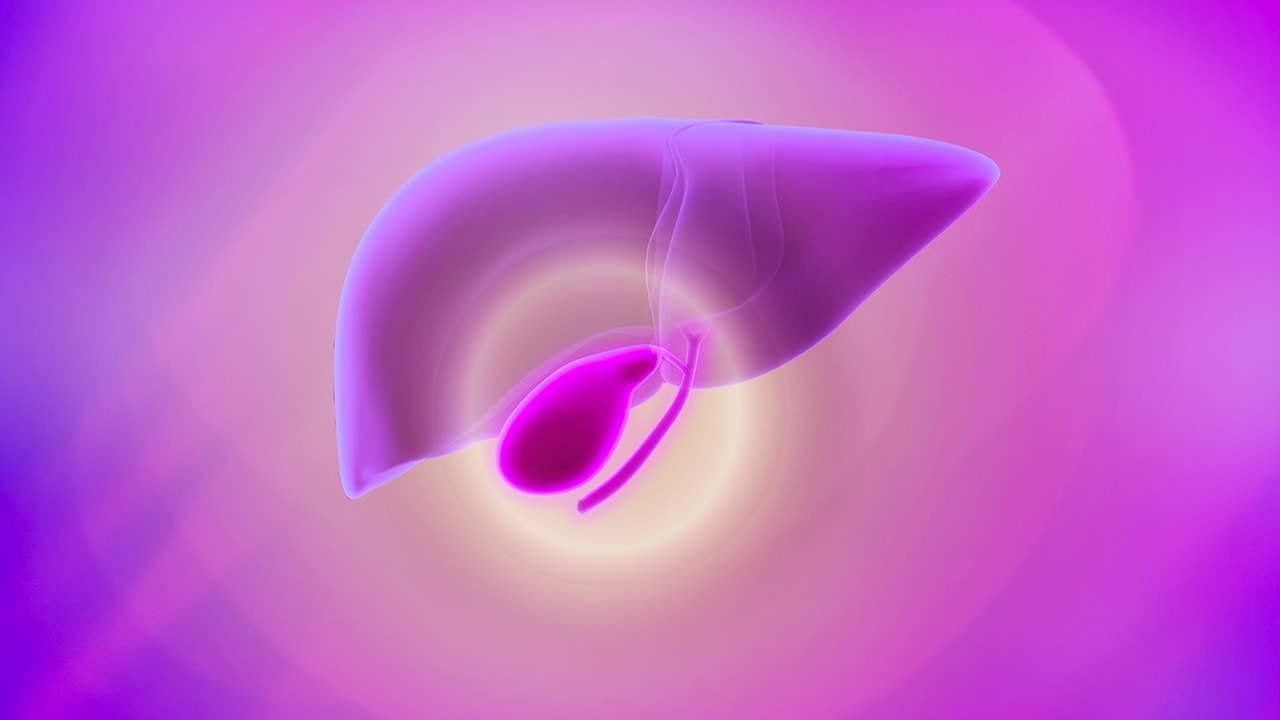Newborns with jaundice fared as well with filtered sunlight as with conventional phototherapy in a single-center randomized trial in an urban hospital in Nigeria. The results suggest that filtered sunlight is an acceptable alternative to phototherapy in low-resource settings.
"The current advantages of filtered sunlight include its availability in remote locations, the provision of treatment at the safest and most efficacious wavelength, and, when a large canopy is used, the increased opportunity for maternal–infant bonding, for the provision of skin-to-skin care, and for the feeding of infants when they are hungry," Tina Slusher, MD, from the Department of Pediatrics at the University of Minnesota and Hennepin County Medical Center, both in Minneapolis, and colleagues write an article published in the September 17 issue of the New England Journal of Medicine.
Mothers held their babies while sitting under an outdoor canopy that filtered out almost all ultraviolet and some infrared light, while allowing blue light through. Two different films were used for the canopies, depending on the weather: Air Blue 80 in overcast conditions, which allows 84% of blue light, and Gila Titanium in sunny conditions, which allows 39% of blue light. Babies in the control group used locally constructed phototherapy equipment that provided 8 to 10 μW per square centimeter per nanometer irradiance. The cost of construction is $120 for the cloudy weather canopy and $44 for the one used in sunny weather, at a size that can accommodate six to eight mother–infant pairs.
To prevent the infants in the sunlight group from overheating, they were wrapped in wet towels if their body temperature was higher than 37.5°C. If an infant's temperature went higher than 38°C, the mother brought the infant out of the sun to a shaded area. No infants met the criteria for study withdrawal, which included temperature higher than 38°C for an hour or more or requiring treatment for sunburn or dehydration.
Of 447 infants in the trial, 224 received filtered sunlight and 223 received phototherapy. All were black Africans, and all had a gestational age of at least 35 weeks (or if gestational age was unknown, weighed at least 2.5 kg). None had severe hyperbilirubinemia. Screening and treatment levels of bilirubin were set at 3 mg/dL lower than American Academy of Pediatrics guidelines.
Filtered sunlight was efficacious on 93% of treatment days compared with 90% for phototherapy. A day was only evaluated if the infant had been able to tolerate 5 hours of therapy without meeting safety withdrawal criteria.
"Existing guidelines for managing neonatal hyperbilirubinemia do not recommend — and some explicitly discourage — the use of sunlight for the treatment of neonatal hyperbilirubinemia," the authors write, because of concerns about ultraviolet and infrared exposure, hyperthermia, and sunburn.
Given the positive results of the trial, the authors write, “Caregivers should therefore be educated on the essential differences between filtered sunlight. and direct exposure to sunlight.”
Supported by the Thrasher Research Fund, Salt Lake City, and by the National Center for Advancing Translational Sciences of the National Institutes of Health. The transcutaneous bilirubinometer was loaned to the study by Draeger Medical; CPFilms, a subsidiary of Eastman Chemical Company, donated the films; Advanced Instruments donated the Advanced BR2 Bilirubin Stat-Analyzer and provided the BR2 kits at a reduced cost; one coauthors donated the glucose-6-phosphate testing supplies; and another coauthor donated most of the supplies for the canopy frames. The authors have disclosed no other relevant financial relationships.
N Engl J Med. 2015;373:1115-1124. Full text
Medscape Medical News © 2015 WebMD, LLC
Send comments and news tips to news@medscape.net.
Cite this: Filtered Sunlight Effective Against Jaundice in Neonates - Medscape - Sep 18, 2015.










Comments